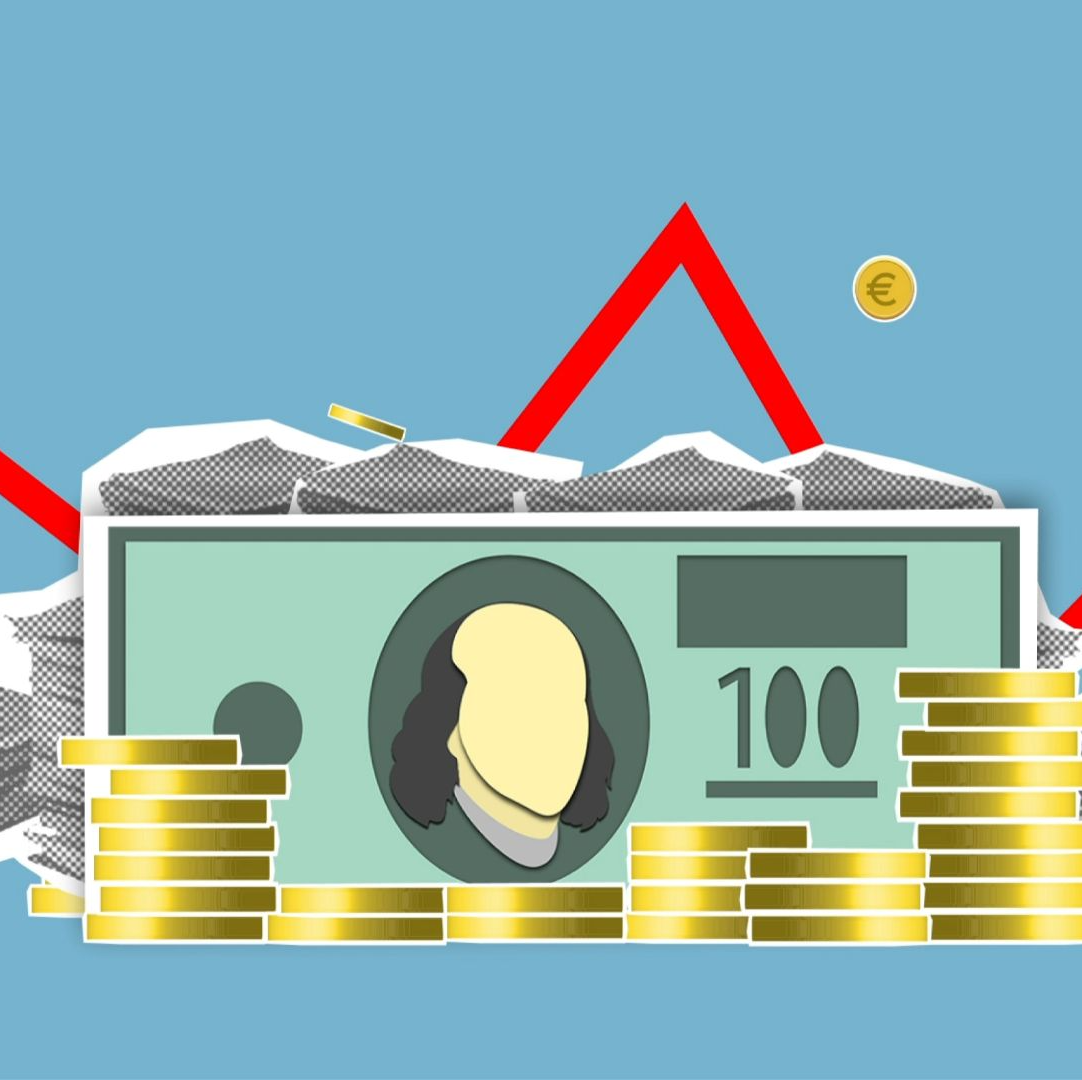The first thing to consider when making retirement plans is funds. You must carefully plan what your expenses will look like after your paycheck stops coming in and how you plan to finance them. Whatever assets, savings, and investments you have will form your retirement income. As such, you must regularly check the value of these assets to ensure they are well equipped to cushion the loss of your paycheck. To properly monitor your finances and ensure you are preparing adequately for retirement, you should do the following: — List out all your retirement income resources —Write out the essential details of each, which includes income options and tax requirements. —List the changes you expect in each of the resources before your retirement. These include interest, investment risks, saving more and spending less, and more. You can work with a retirement planner or use a retirement calculator to make things easy. However, you will need to provide accurate details with tax information to get a near-accurate estimate from a retirement calculator. Here are the seven top ways to fund your retirement:
1. Social Security Social Security is one traditional means of funding retirement, especially for older people. Most younger people believe the trust fund that finances the program will be depleted before they can enjoy the benefits. However, some changes could keep the program going for much longer. But even with these changes, it is expected that Social Security benefits will reduce in the future. With these things in mind, there are several ways you can factor in your Social Security benefits when planning for retirement. You can also choose to add Social Security to your retirement plans, but with the view that you will be receiving less money than promised, thus giving you some wiggle room if anything goes south. You can also decide to plan for retirement with all the promised benefits. Either by believing the next generation of workers may have to contribute more or wait for sometime before receiving their benefits, or just being optimistic. Whatever you do, remember that Social Security will not remain what it is forever. Also, remember that if your income exceeds set limits, you may have to pay taxes on your Social Security benefits.
2. Retirement Savings Accounts
Retirement savings accounts are tax-advantaged accounts such as IRAs, 401(k)s, TSAs, and similar plans that are also great options for saving for retirement. If you have not opened one, the best time is now. A note of caution here: you must factor in taxes when making retirement plans. If your retirement account is a Roth account or other after-tax account, you can withdraw your money without paying taxes. However, if you use a pre-tax retirement savings account, you must remember that you will pay taxes when you withdraw your money. 3. Health Savings Accounts Health Savings Accounts have many benefits, including the possibility of triple-tax benefits. You save in pre-tax dollars, the money grows tax-deferred if you don’t make withdrawals, and you get tax-free distributions if you use the money for qualified healthcare expenses as stipulated by the IRS.
4. Other Assets
Your other assets, including taxable investment accounts, art collections, real estate, businesses, and other things of value, can also help you stay afloat during retirement. A note of caution: you need to know the potential tax liabilities you will incur if you decide to sell or convert any of these assets. You can see a certified public assistant (CPA) to know where you stand. One significant advantage of taxable assets is that you can easily access them whenever you like. They don’t have the age restrictions of Social Security benefits and retirement savings accounts.
5. Pension
Federal employees and other individuals also look forward to pension payments after retirement. If this applies to you, you must know what to expect to plan accordingly. For example, you should ask if the pension will cover your spouse if anything happens to you. It is also essential to know if the payments will adjust for inflation. These details will allow you to plan adequately.
6. Home Equity
If you have one, your home could also be a great source of income for your retirement. You can decide to sell your home or get a second mortgage through a home equity loan. You can also consider a reverse mortgage, though it can be challenging without proper planning and preparations. Know what you are going into to avoid unpleasant challenges.
7. Side Hustles
There is also the option of taking up some part-time work during retirement. The extra income will help you withdraw less money from your assets. You might even get to retire earlier than planned.
Final Thoughts
Now that you know how to fund your retirement, it is also essential to map out how you will manage the funds so that they last for as long as possible. There are several ways you can do this. First, you can try the guided withdrawal strategy, where you withdraw only 4% of your assets at a time. Alternatively, you can try a bucket strategy, where you set aside funds for short-term, medium-term, and long-term goals. Annuities could also be a good idea, though they may be expensive.
Contact Information:
Email: [email protected]
Phone: 9143022300













